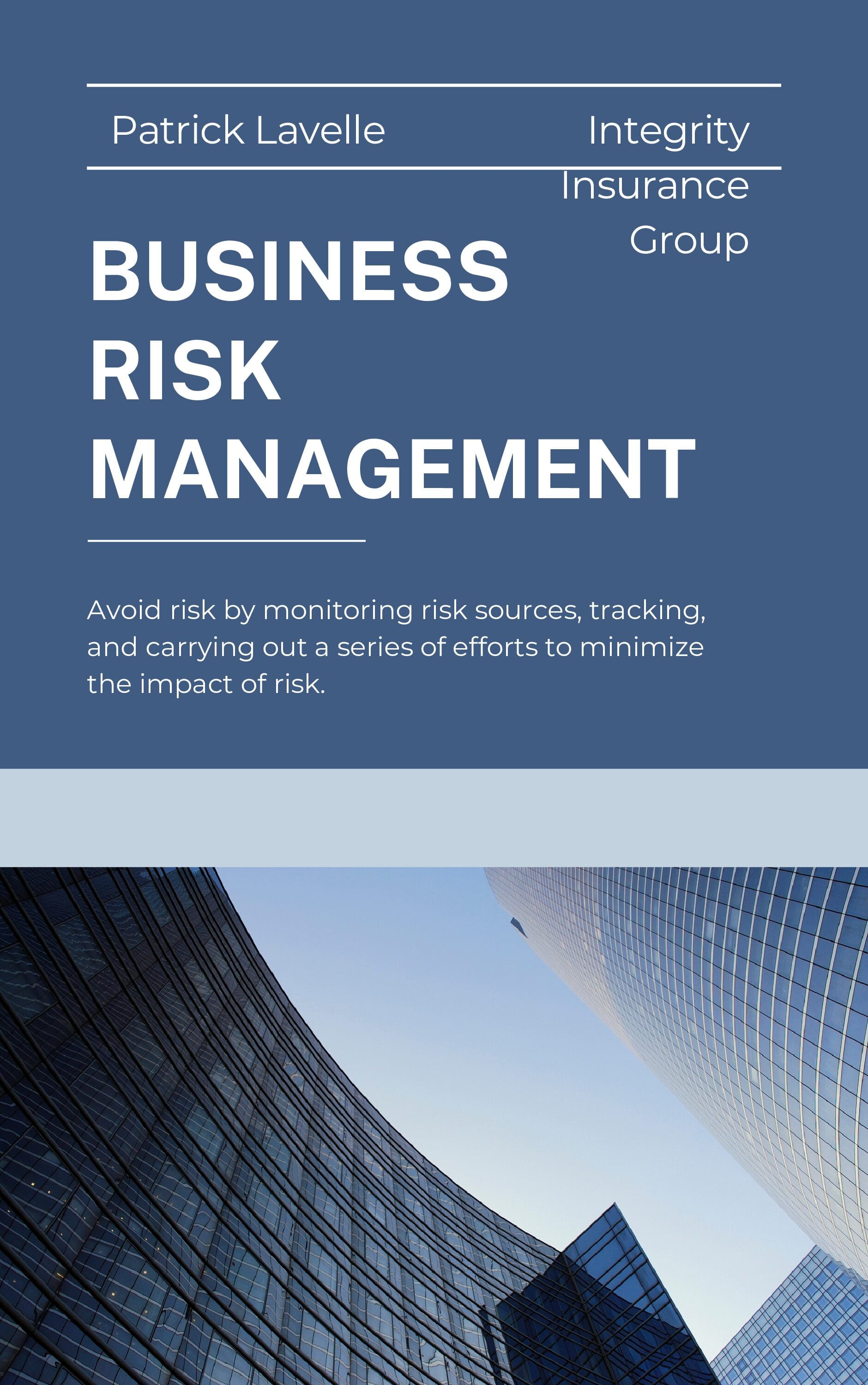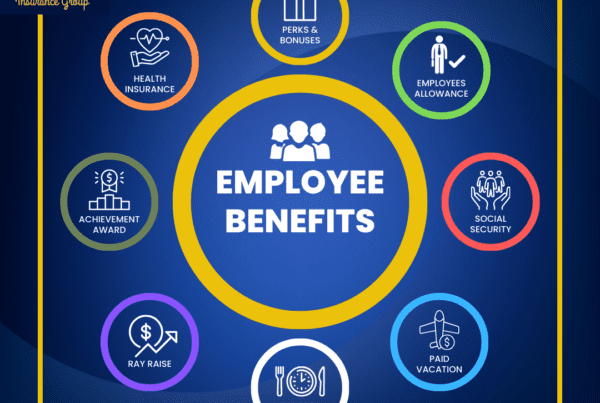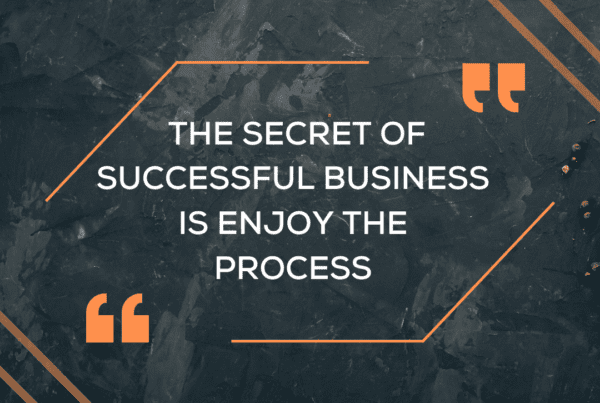
In the ever-evolving business landscape of Arizona, understanding and managing liability risks is crucial for long-term success and sustainability. Whether you operate a retail store in the bustling streets of Phoenix, run a tech startup in Scottsdale, or manage a tourism company in the Grand Canyon region, various liability risks could potentially threaten your business’s financial stability and reputation. This blog post explores common liability risks faced by Arizona businesses and offers strategic advice on how to protect your venture through comprehensive risk management and insurance solutions.
Identifying Key Liability Risks
1. Premises Liability: Businesses that own or lease physical space are exposed to premises liability. This includes the risk of someone getting injured on your property due to slips, falls, or other hazards.
2. Product Liability: If your business manufactures, distributes, or sells products, there’s a risk of product liability claims. These claims arise from injuries or damages caused by defective or unsafe products.
3. Professional Liability: Also known as errors and omissions insurance, professional liability covers businesses that provide services or advice. This is crucial for consultants, accountants, lawyers, and healthcare providers, among others, against claims of negligence or inadequate work.
4. Cyber Liability: With the increasing reliance on digital technologies, cyber liability is a growing concern. Businesses may face risks related to data breaches, loss of customer information, and other cyber threats.
5. Employment Practices Liability: This covers claims from employees alleging discrimination, wrongful termination, harassment, and other employment-related issues.
Protecting Your Business
Assess and Understand Your Risks
The first step in protecting your business is to conduct a thorough risk assessment. Identify potential liabilities specific to your industry, operations, and location. Understanding these risks will help you tailor your risk management and insurance purchasing strategies effectively.
Implement Risk Management Practices
Once you’ve identified potential risks, implement practices to mitigate them. This could include:
- Regularly inspecting and maintaining premises to prevent accidents.
- Ensuring products undergo rigorous quality control checks.
- Providing ongoing training to employees on workplace safety and cybersecurity best practices.
- Developing clear employment policies and procedures to minimize the risk of employment practices liability.
Purchase Adequate Insurance Coverage
Insurance is a critical component of your business’s risk management strategy. Depending on your business type and the risks identified, consider the following types of insurance:
- General Liability Insurance: Covers claims of bodily injury, property damage, and more, offering broad protection against common risks.
- Product Liability Insurance: Specifically protects against claims related to the manufacture or sale of products.
- Professional Liability Insurance: Essential for businesses offering professional services, protecting against claims of negligence or failure to perform.
- Cyber Liability Insurance: Provides coverage for costs associated with data breaches and cyber attacks.
- Employment Practices Liability Insurance (EPLI): Offers protection against claims from employees alleging violations of their legal rights.
Regularly Review and Update Your Coverage
As your business grows and evolves, so do your liability risks. Regularly review and update your insurance policies to ensure they remain aligned with your current business operations and risk exposure. Working with an experienced insurance broker can help you navigate the complex insurance landscape and find the best coverage options for your business.
Final Thoughts
In Arizona’s competitive business environment, effectively managing liability risks is essential for safeguarding your assets, reputation, and future growth. By understanding the unique liability risks your business faces, implementing robust risk management practices, and securing comprehensive insurance coverage, you can create a resilient foundation for your business. Remember, the key to successful risk management is proactivity and preparedness, ensuring your business is well-equipped to handle any challenges that come its way.



